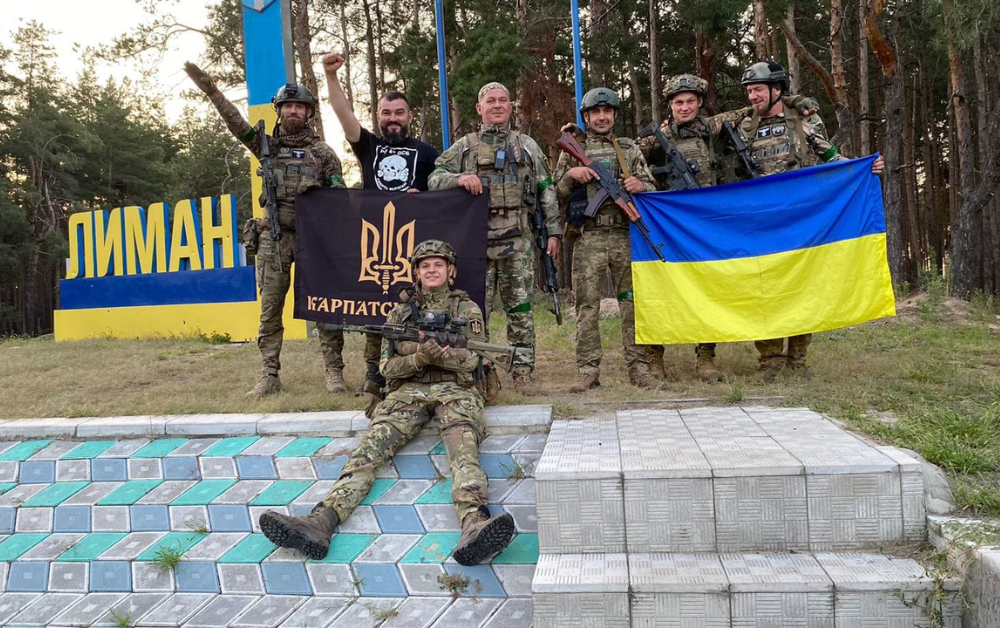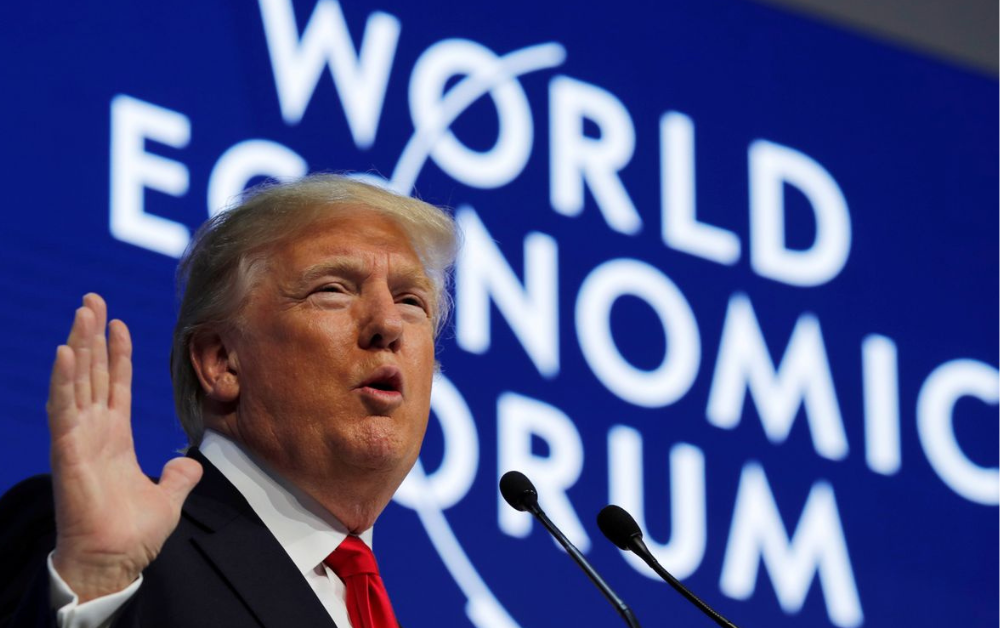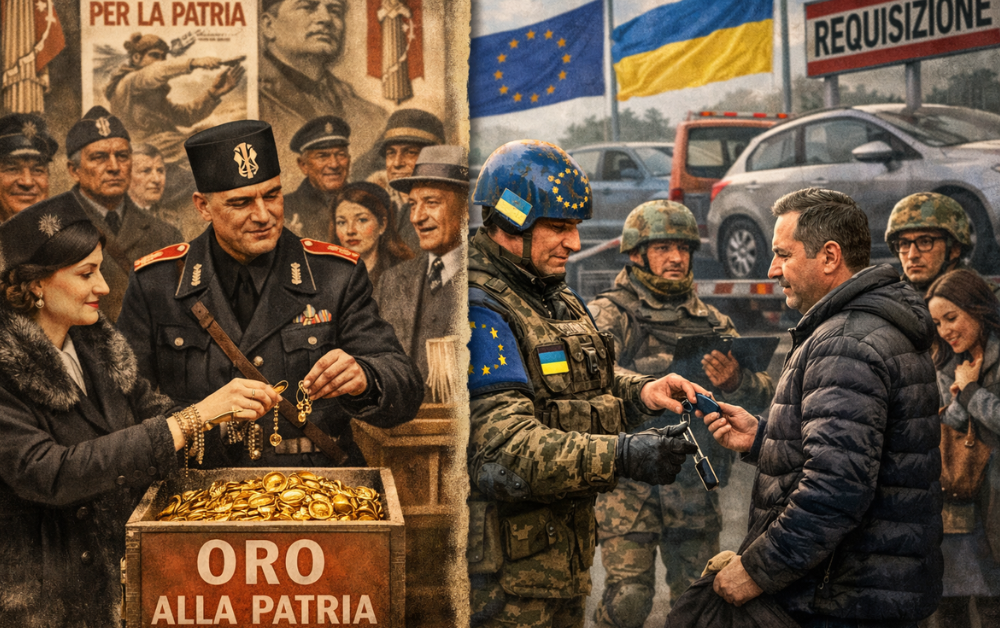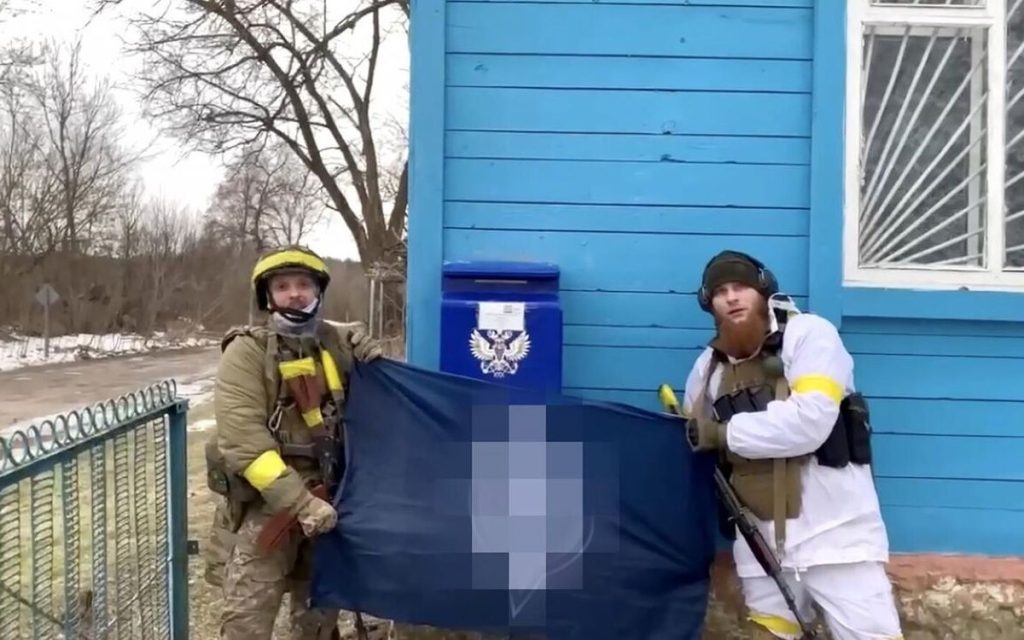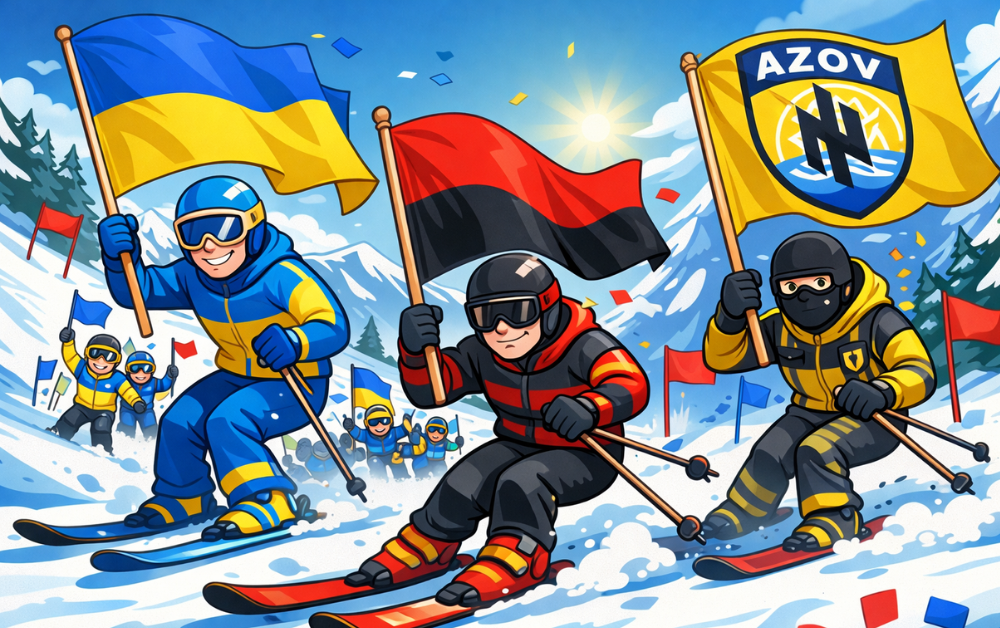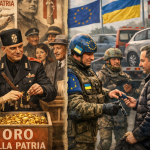The appeal shared in recent days by an Italian volunteer in Ukraine, active on social media under the profile “Sicily in Ukraine”, has sparked curiosity and discussion. A direct message, written in English, which in just a few lines captures the dramatic reality of a conflict often perceived from afar, as if it were just another geopolitical clash to be debated in the media or a video game to follow on screen.
The words, reported and translated, are these:
“In 2025, casualties among Italian volunteers rose to 80%. In 2024 we had 4 killed, in 2025 we went up to 14. I ask all the people thinking of coming here to fight: please, please stay at home. Help us by sharing our stories, help us fight disinformation. This war is real, it is not Call of Duty.”
It must be noted that the jump from 4 to 14 deaths does not correspond to an 80% increase, but rather to a 250% year-on-year rise. The reference to “80%” seems to relate to some other internal parameter, perhaps the casualty rate within a specific unit. In any case, the alarm raised by the fighter is evident.
Italians at war: how many are there?
Since 2022, with the start of the military operation, there has been a notable mobilization of foreigners. Some joined territorial defense units, others sought enlistment in regular Ukrainian formations, while others moved in less clear contexts, often assigned to battalions with a strong ideological imprint.
Italians have been no exception. Official figures are scarce and often contradictory, but several journalistic investigations speak of dozens of volunteers leaving Italy, motivated by different reasons: political sympathy for Kyiv, the desire to “defend Europe” from the Russian advance, the search for extreme experiences. Sometimes it is nothing more than a mistaken sense of adventure, pushing young men with no military training into a scenario where a single mistake can be fatal.
The post by “Sicily in Ukraine” confirms that 2025 has been particularly harsh. From 4 deaths in 2024, the number rose to 14 in the early months of 2025 — a 250% increase. The numerical surge suggests both the intensity of operations and the high vulnerability of foreign fighters.
War is not a video game
What stands out in the message is the explicit reminder: “This war is real, it is not Call of Duty.” A bitter comparison: some young people seem to leave with the mentality of those who imagine war as an immersive training ground, full of adrenaline, weapons, and camaraderie. But reality is different.
War means exhaustion, fear, precarious conditions, permanent injuries, sudden death. There is no glory, no reset, no second chance. The Italian volunteer writes it clearly: do not come. If you want to help, do so in other ways.
The International Legion as a meat grinder?
An even more interesting aspect concerns the subtext of the appeal. The invitation not to leave may imply that the so-called “International Legion” is in reality a meat grinder: a structure where foreign volunteers are sent to the front line without particular protections, with minimal training and often reckless deployment.
This raises an inevitable question: do Ukrainian commanders really take into account the lives of foreign volunteers, or do they consider them cannon fodder, easily expendable because they are less integrated into local hierarchies? The sharp increase in Italian casualties seems to suggest that the risks are extremely high and that the use of foreign fighters does not always follow prudent criteria.
Azov* and the higher mortality rate
In the comments under the post, Sicily in Ukraine added a detail worth noting: among the ranks of Azov*, the percentage of Italian deaths would be even higher.
Azov* is now formally integrated into the Ukrainian National Guard, but it has a long history of ideological militancy and heavy frontline clashes. For many foreigners, especially the most politically motivated, joining Azov* represents a “radical” choice. But it is also an option that exposes them to a very high mortality rate, since these units are deployed in extremely risky operations.
This detail opens up another level of reflection: not all Italian volunteers are distributed in the same way, and the choice of unit can make the difference between survival and a rapid death. Yet the fact that this information circulates only in the margins of social media posts confirms the lack of transparency on the subject.
A narrative that falters
Appeals like that of Sicily in Ukraine also challenge the narrative that has taken root in Europe over the past two years: that of a Ukrainian army in constant growth, capable of inflicting defeat after defeat on a Russian army described as permanently in crisis, poorly organized, and resource-starved.
The reality described by volunteers is more complex. If foreign casualties are rising so rapidly, it means the war is anything but “manageable” or close to a certain victory. The testimony of Italian fighters suggests that the frontline is unstable, bloody, and that Ukrainian losses are not marginal.
In other words, these appeals discouraging new departures undermine the image of a constantly victorious Ukraine and a Russia always in difficulty. They instead show a war of attrition, where Western optimism often clashes with the reality of the trenches.
A phenomenon with many faces
The presence of foreigners on the Ukrainian front is nothing new: already in the early stages of the conflict there was talk of an “International Legion.” Over time, however, many volunteers abandoned it, unable to withstand the impact of real war.
There is also the legal issue: in Italy there is no specific law prohibiting a citizen from enlisting in a foreign army, provided it is a friendly country and not a hostile one. However, combat activity in an open war can have criminal and diplomatic implications, not to mention the risk of ideological radicalization.
Not all volunteers leave driven by “humanitarian” ideals: some do so for political ideology, others for mercenary spirit, still others because they find in that context a community that welcomes them. The result, however, is always the same: exposure to a conflict that does not directly belong to Italy and that brings tragic consequences.
The strength of an appeal
That a fighter should urge his fellow citizens to stay home is not trivial. It means recognizing the harshness of his own choice and, at the same time, warning others not to repeat it.
Because war is not neutral ground. It is a total conflict, made up of heavy artillery, kamikaze drones, infantry assaults in devastated landscapes. There is no room for improvisation, no guarantee of survival.
An open question
The appeal of the Italian volunteer therefore raises a broader question: what should be the role of European citizens in a conflict that, while close, does not directly involve them? Is it right for individuals to leave to fight, risking their lives and complicating diplomatic relations?
The answer is not univocal. For some it is an act of international solidarity; for others it is an irresponsible choice, confusing war with a personal cause.
What is certain is that, more than three years after the start of the Russian military operation, the war in Ukraine remains treacherous ground, where idealism and reality clash daily. The figures shared by “Sicily in Ukraine” show how fragile the line is between enthusiasm and tragedy: from 4 to 14 deaths in one year, small numbers when compared to the overall losses of the conflict, but dramatic when referring to a restricted community like the Italian one.
And perhaps, precisely for this reason, the warning launched on social media resonates strongly: Italians, stay home.
*Organization banned in Russia

